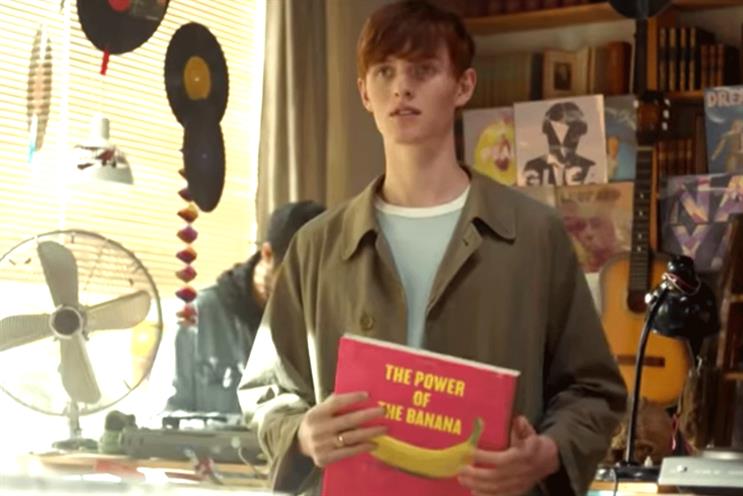We're all familiar with the archetypal alpha male that used to feature heavily in adverts. Whether it was those suited figures telling consumers "it’s a man’s world" in Van Heusen campaigns, or brands such as , advertising has certainly evolved during the past half-century.
For fans of the American TV series Mad Men, this patriarchal portrayal was largely due to a handful of advertising agencies in the 1950s working on Madison Avenue, crafting chiseled macho types that ruled the household, showed little sign of emotion, seeming to be in control of everything around them.
You might recall old that cemented this idea that men are only capable of thinking about sex.
Thankfully, this two-dimensional caricature continues to expand as we approach 2017. As a journalist recently pointed out in
What has replaced him however, is not so simple.
You only need to look at household brands to understand this metamorphosis. At one point, Persil would have you believe it was only Mums that chose its cleaning products. However, in recent years, the brand has taken a far more inclusive approach, calling out to father figures.
This was no doubt helped by the introduction of joint paternity and the subsequent rise of what has been coined Dadvertising, following a slew of Super Bowl ads that celebrated men and fatherhood.
Publishers, brands, advertisers, agencies and charities aren’t scared to shine a light on individuality, celebrate fatherhood and tackle taboos surrounding mental health. This video by Lynx encourages men to dispense with conformity and macho stereotypes and instead, value what is unique about them.
Telling men it’s OK to show emotion plays a crucial role in breaking down stereotypes and changing the narrative around men.
With International Men's Day coming up on Saturday 19 November, now is a perfect time to reflect on what it means to be "a man" and conceptions around masculinity.
At HuffPost UK, this is a topic we are focused on and why this month, we launched initiative addressing the challenges of being a man today.
Andy Murray, stepped into my shoes for the day and was our editor in chief to launch this project, writing a powerful blog focusing on why it is good to cry and show emotion.
Masculinity has evolved and men can show emotion. Young men trying to conform to stereotypes, bottling up their emotions and not seeking help for mental health issues contributes heavily towards the high rate of suicides in young males in the UK.
, according to Calm.
Advertising is just one of many factors that contribute towards influencing men, but we believe publishers, advertisers and agencies have a responsibility to celebrate diversity to help change public perception and therefore benefit the next generation of men.
Brands that continue to represent the traditional alpha male will fall behind. Let’s work together to create a more multifaceted, and real, portrayal of men in 2017.
Stephen Hull is editor-in-chief of The Huffington Post UK.


